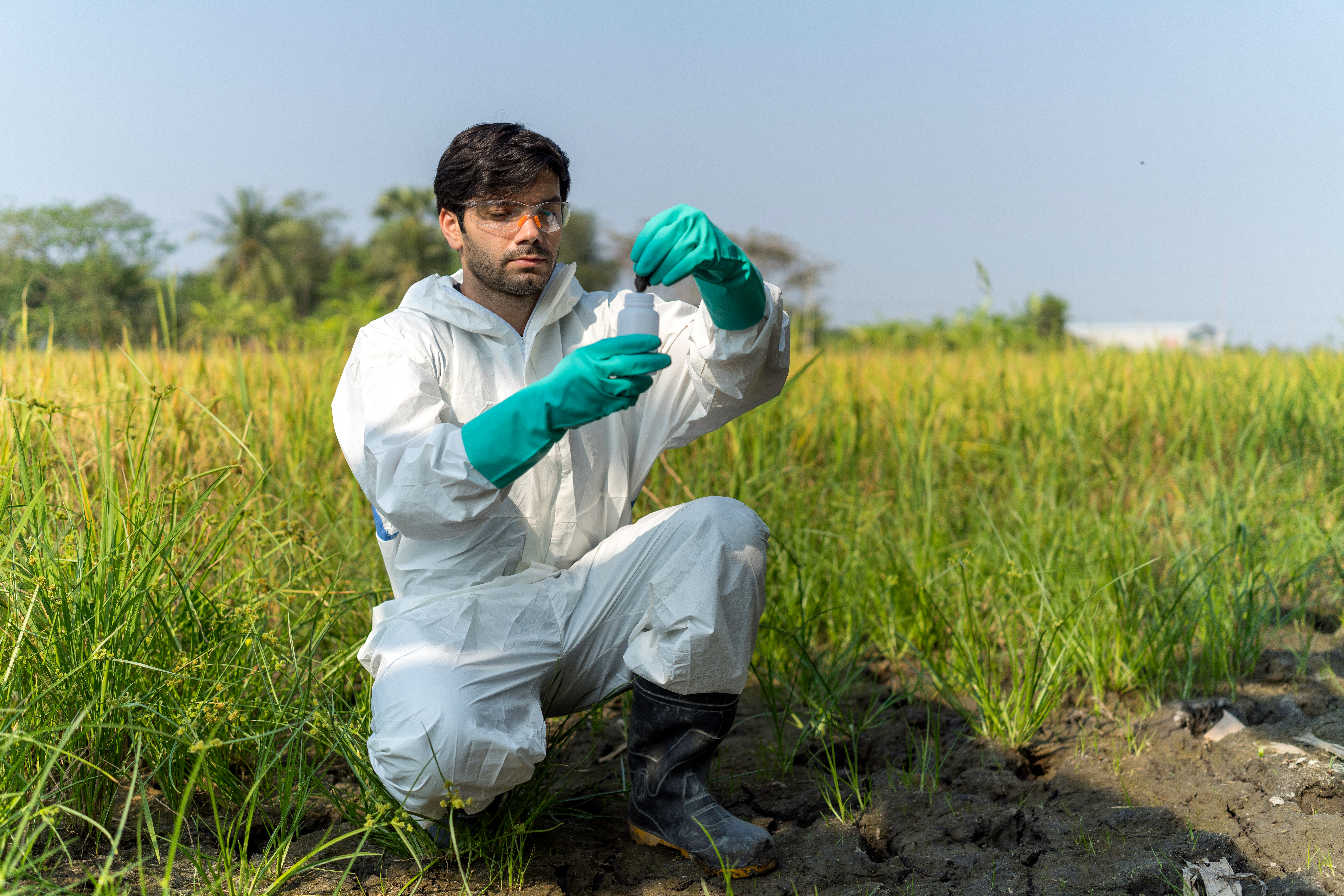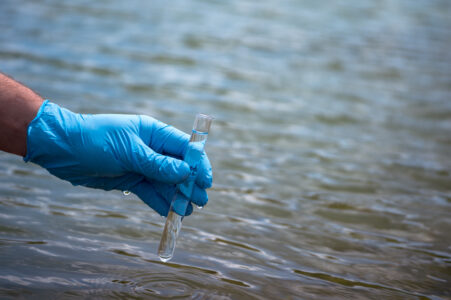Case Study
Accredited testing in the waste management sector
Providing efficient and effective services in the field of management of a huge amount of diversified waste: food and garden, construction and demolition, mining and industrial waste, as well as sludge is a great challenge for the economy of each country. The provisions of the European Union legislation set out in the Waste Framework Directive 2008/98/EC, and a number of accompanying provisions, support effective waste prevention, reuse of the already generated waste and minimisation of the amount of landfilled waste. The Polish legislation in the area of waste management and environmental protection includes acts of national law, international environmental law and European Union law. The national regulations apply to all types of waste, both those generated as a result of business activity and municipal waste produced by households. The use of waste in a manner that is safe for the environment and human health, in accordance with the provisions of the Environmental Protection Law and the Act on Waste is possible, among others, through the requirement that sampling and testing of waste, the results of which are used in the regulated area, should be performed exclusively by laboratories accredited in accordance with the requirements of the PN-EN ISO/IEC 17025 standard.
Accredited laboratories that perform testing for the purposes of the regulated area have scopes of accreditation covering tests of various wastes by methods meeting appropriate criteria. These specific requirements stem from the need to develop measures to minimize the impact of waste on human health and the environment, based on the results of these tests. Accreditation of laboratories involved in waste sampling and testing is conducted in Poland in accordance with the accreditation scheme DAB-11, “Accreditation of testing laboratories performing waste sampling and testing”, established by the Polish Centre for Accreditation.
The accreditation scheme has been developed in consultation with the Ministry of Environmental Protection; it defines the accreditation requirements, the accreditation conditions, as well as the rules and the process for assessing the competence of laboratories involved in sampling and testing of waste.












